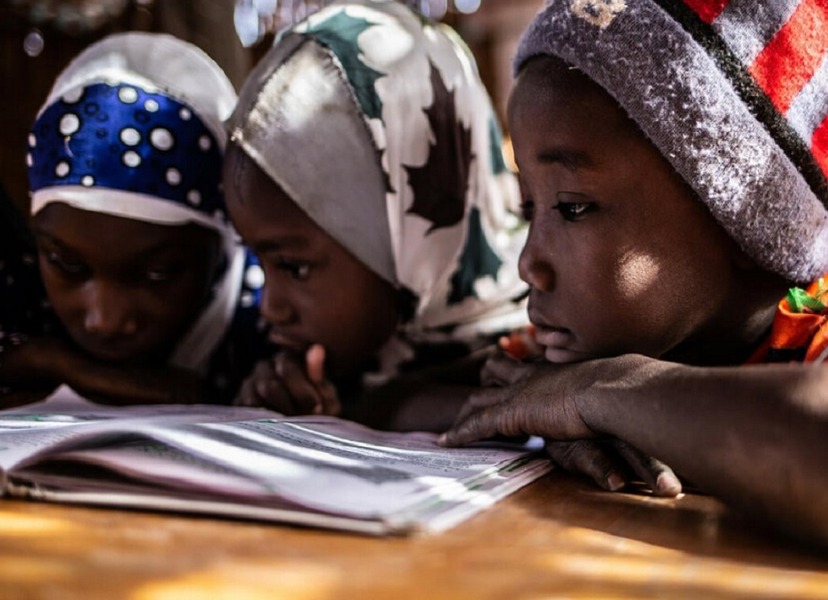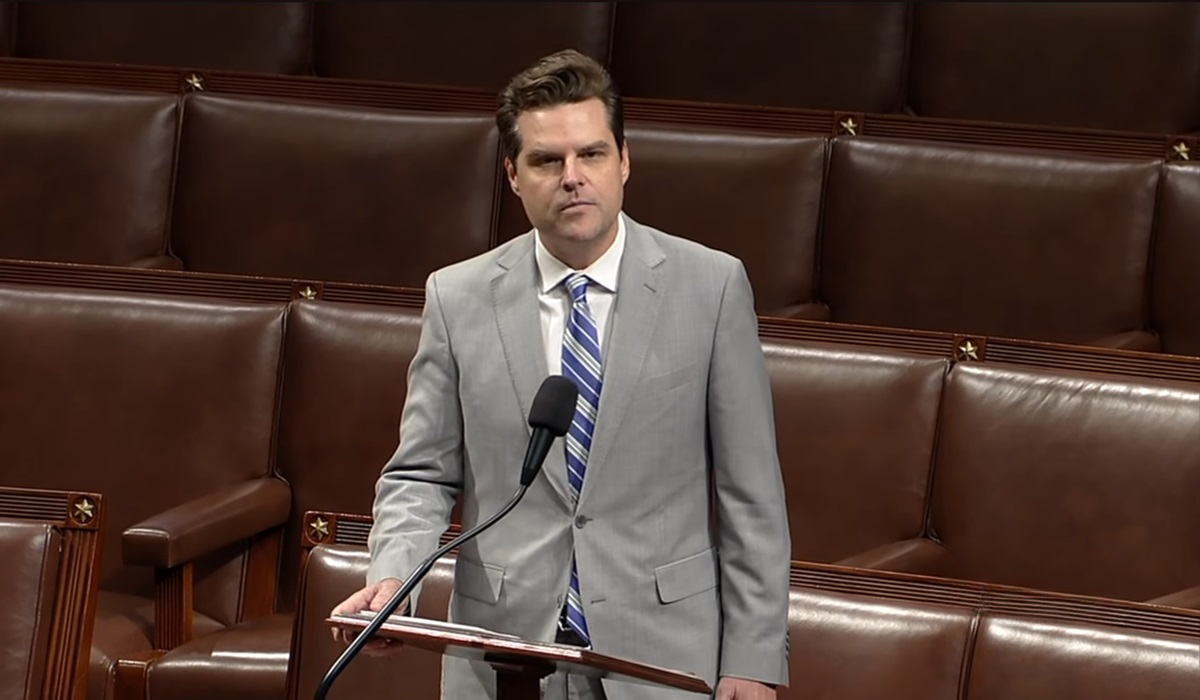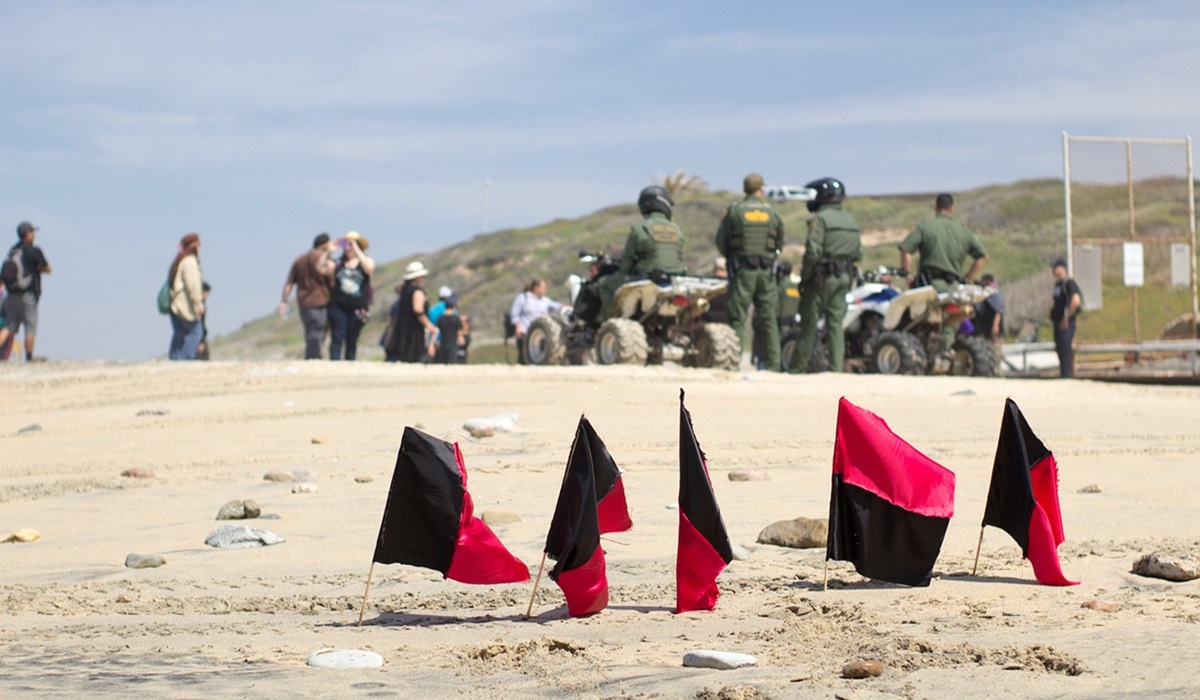Education Under Siege: Insecurity Forces Closure of 13,000 Schools in Central and West Africa
- TDS News
- Breaking News
- September 14, 2023

Insecurity in Central and West Africa has cast a dark shadow over the region’s education system, forcing the closure of over 13,000 schools and jeopardizing the future of 2.5 million children. This alarming situation, outlined in a report by the Regional Education in Emergencies Working Group, is a dire call to action for governments, armed forces, and the international community.
Over the past four years, the number of school closures in the region has nearly doubled, highlighting the severity of the crisis. The closure of schools not only deprives children of their right to education but also places them at risk of being forced into child labor, recruited by armed groups, or pushed into early marriages.
In Central and West Africa, education funding appeals have been met with a mere 3.9% response rate by early September. This stark contrast to the 30.5% funding met for the entire humanitarian sector underscores the unfortunate neglect of education in the region’s crises. Education is a fundamental right, irrespective of political and security situations, and this must be recognized and upheld by all signatory states of the Safe School Declaration.
The situation is particularly dire in the Central Sahel, where school closures have surged sixfold between 2019 and 2023. Burkina Faso bears the brunt of this crisis, accounting for over half of the school closures in the region, with more than 6,100 schools closed as of July 2023.
The threat to education takes various forms, including direct attacks on schools by non-state armed groups. Between January and August 2023, 147 such incidents were reported across the region. Additionally, forced population displacements have left schools deserted, disrupting education for displaced children and those from host communities, whose schools are often overcrowded.
It is a collective responsibility to ensure that schools remain safe spaces for all children and youth, both forcibly displaced and from host communities, in a region where access to basic services is increasingly threatened by insecurity and conflict. This sentiment was echoed by Xavier Creach, Deputy Director of UNHCR Regional Bureau for West and Central Africa.
The heartbreaking story of Esther, a 13-year-old girl from Ituri province in the Democratic Republic of Congo, exemplifies the devastating impact of school closures. Fleeing violence, she lost contact with her friends and has been unable to attend school for two years. Her aspirations of learning and securing a better future have been dashed, underscoring the urgent need to protect schools from threats and violence.
The consequences are profound for the 2.5 million children affected by school closures in the region. The oldest among them face heightened risks of abuse, including unwanted pregnancies and child exploitation. Etiendem Bridget, a displaced teacher in Buéa, Cameroon, witnesses the grim realities these children face.
In a protracted conflict and crisis, the future of entire generations is at stake. Urgent and concerted action is needed from governments, armed forces, and international organizations to halt the closure of schools and ensure that every child in Central and West Africa has access to quality education. Education is not a luxury but a lifeline for these children, offering hope amid insecurity and uncertainty.
The report is a stark reminder that the international community must prioritize education to break the cycle of crisis and reduce the likelihood of future conflicts. Schools should be sanctuaries where children can learn and grow, regardless of the challenges they face in their communities. The fate of millions of children in Central and West Africa hangs in the balance, and the time for action is now.








